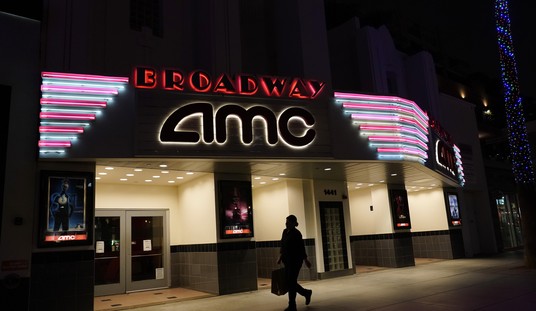Democrats have tried to cast blame for the credit-sector meltdown on deregulation, and point to the repeal of the Glass-Steagall Act as the linchpin. The repeal came in 1999, though, and it did nothing to cause the real cancer at the heart of the crisis: wildly overvalued mortgage-backed securities issued by Fannie Mae and Freddie Mac. If Democrats don’t believe that, they can ask one of their own:
A running cliché of the political left and the press corps these days is that our current financial problems all flow from Congress’s 1999 decision to repeal the Glass-Steagall Act of 1933 that separated commercial and investment banking. Barack Obama has been selling this line every day. Bill Clinton signed that “deregulation” bill into law, and he knows better.
In BusinessWeek.com, Maria Bartiromo reports that she asked the former President last week whether he regretted signing that legislation. Mr. Clinton’s reply: “No, because it wasn’t a complete deregulation at all. We still have heavy regulations and insurance on bank deposits, requirements on banks for capital and for disclosure. I thought at the time that it might lead to more stable investments and a reduced pressure on Wall Street to produce quarterly profits that were always bigger than the previous quarter.
“But I have really thought about this a lot. I don’t see that signing that bill had anything to do with the current crisis. Indeed, one of the things that has helped stabilize the current situation as much as it has is the purchase of Merrill Lynch by Bank of America, which was much smoother than it would have been if I hadn’t signed that bill.”
In fact, the repeal made it possible to rescue depositors from the collapse of banks and protect FDIC funding, keeping taxpayers from footing the bill for the collapse. And the repeal was no partisan project, either; it passed 90-8. Thirty-eight Democrats in the Senate voted for the repeal, including Barack Obama’s running mate, Joe Biden, as well as Chuck Schumer, John Edwards, Chris Dodd, John Kerry, Joe Lieberman, and others. In other words, a Democratic President signed it, and it had the support of members of every Democratic ticket since then — including Obama’s.
Obama wants to blame Republicans for transparent political purposes. Phill Gramm wrote the bill, and Gramm has been an adviser to John McCain. That makes this a convenient target for the Democrats, but Clinton won’t play along with it. He insists that the repeal of Glass-Steagall was something he supported on his own, and that it had nothing to do with the financial crisis we see now.
Democrats don’t want to talk about the real problems at the heart of this crisis. Fannie Mae and Freddie Mac created an artificial demand for loans by buying up bad paper and turning them into overvalued MBSs. When regulators tried to report accounting irregularities, Democrats like Barney Frank, Lacy Gray, and Gregory Meeks accused them of racism. Some Republicans, such as Chuck Hagel, McCain, John Sununu, and Elizabeth Dole, tried bolstering the regulation of Fannie and Freddie, but Democrats succeeded in blocking those attempts.
Neither Glass-Steagall nor its repeal could have stopped Fannie Mae from selling overvalued bonds and creating a Ponzi scheme in the housing industry. That was Congress’ job, especially after OFHEO and Alan Greenspan warned them of the impending collapse. Democrats in Congress made sure nothing got done to resolve the problems before the collapse occurred. Glass-Steagall is nothing more than a red herring for the ignorant.








Join the conversation as a VIP Member